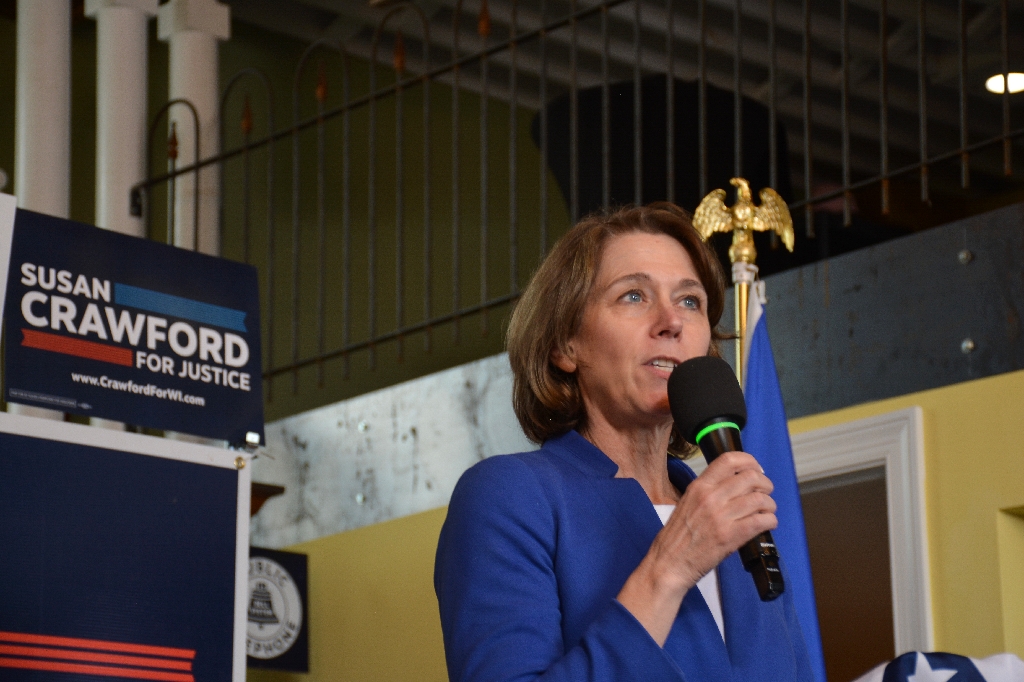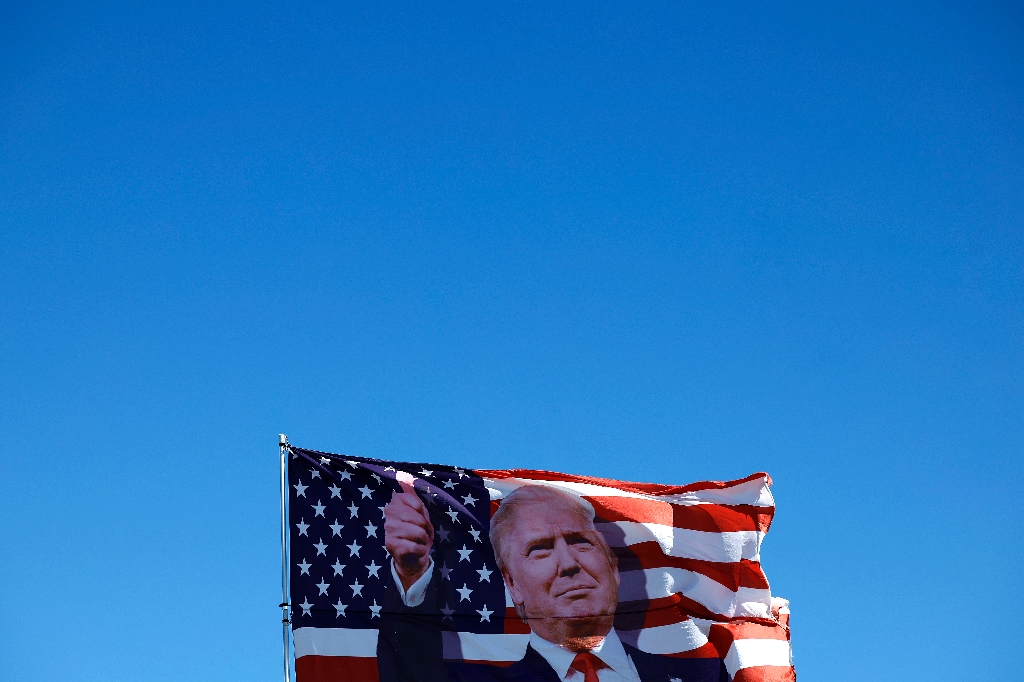United Nations (United States) (AFP) – The United Nations Security Council was poised on Friday to vote on a much-delayed resolution concerning the Israel-Hamas war after Washington signalled support following resistance to earlier draft proposals.
After days of delays, the latest draft version seen by AFP calls for “urgent steps to immediately allow safe and unhindered humanitarian access, and also for creating the conditions for a sustainable cessation of hostilities.”
It does not call for an immediate end to fighting.
US Ambassador Linda Thomas-Greenfield told reporters Thursday evening that “if the resolution is put forward as is, then we can support it.”
She denied that the draft resolution had been watered down, saying it was “very strong” and “fully supported by the Arab group.”
Diplomatic wrangling at United Nations headquarters in Manhattan — causing the vote to be postponed several times this week — has come against the backdrop of deteriorating conditions in Gaza and a mounting death toll.
“Some of this language is slightly absurd,” said International Crisis Group analyst Richard Gowan.
“Other Council members have to decide if they will swallow a weak text for the sake of a deal, or if this is just too thin to bother with.”
He noted in particular that veto-wielding Russia must decide “if they can back a draft that ultimately goes against their long-standing argument that a ceasefire is essential.”
The United Arab Emirates is sponsoring the resolution, which has been amended in several key areas to secure compromise, according to the draft version seen by AFP
.
– ‘Acute food insecurity’ – It demands all sides “allow and facilitate the use of all…routes to and throughout the entire Gaza Strip, including border crossings…for the provision of humanitarian assistance.”
Israel on Thursday bombed a newly reopened aid crossing, Hamas authorities said.
“Every single day we are working on increasing humanitarian assistance on the ground,” Thomas-Greenfield added.
Members of the 15-member council have been grappling for days to find common ground on the resolution, as criticism mounts over the body’s lack of action since the start of the war.
Israel, backed by its ally the United States, has opposed the term “ceasefire,” and Washington has used its veto twice to thwart resolutions backed by a majority of other members.
Israeli Prime Minister Benjamin Netanyahu said Wednesday there would be no ceasefire in Gaza until the “elimination” of Hamas.
The diplomatic tussle came as the UN’s hunger monitoring system warned “every single person in war-torn Gaza is expected to face high levels of acute food insecurity in the next six weeks.”
Hamas infiltrated Israel on October 7 and killed around 1,140 people, mostly civilians, and taking about 250 people hostage, according to an AFP tally based on Israeli figures.
Israel responded with a relentless air and ground campaign.The Hamas government’s media office in the Gaza Strip said Wednesday at least 20,000 people have been killed, among them 8,000 children and 6,200 women.




